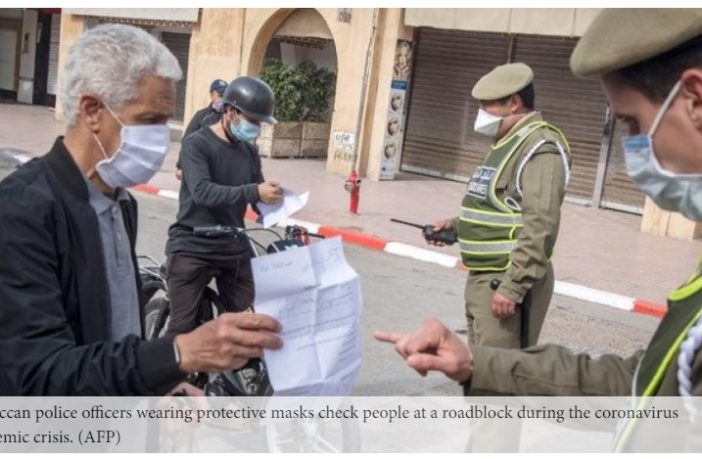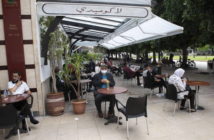Asharq Al-Awsat
Morocco’s Higher Planning Commission (HCP) announced it will launch a national research project to examine the economic, social, and psychological impact of the coronavirus pandemic on families.
The Commission said in a press release that the research comes within the context of studying the difficult circumstances the country is going through, stressing that this requires detailed statistical indicators, which would constitute a realistic basis that allows tracking the situation of families under quarantine.
HCP explained that the research will be done over the phone as an alternative way to communicate with sample families, which were selected based on previous research results.
Families are required to answer the Commission and spare no effort to facilitate their mission for the public interest.
HCP stressed that the national research is done in accordance with the criteria of a group of international organizations interested in studying the situation in the country, namely the United Nations Children’s Fund (UNICEF), United Nations Entity for Gender Equality and the Empowerment of Women, and the World Bank.
The Commission stated that the statistical research falls under the provisions of Article 8 of Royal Decree No. 370.67 relating to statistical studies, ensuring the confidentiality of the information collected by its members and directorates.
The Commission noted that families who wish to contact its representatives or make sure their phone numbers are included in its registry, can reach its directorates using the phone numbers provided on its website: www.hcp.ma.
The High Commission for Planning (HCP) is the Moroccan national statistics office. It is the country’s main body that issues economic, demographic, and social statistics.
HCP’s roles include drawing up national accounts, evaluating the macroeconomic framework, and carrying out situation studies and prospective research.







